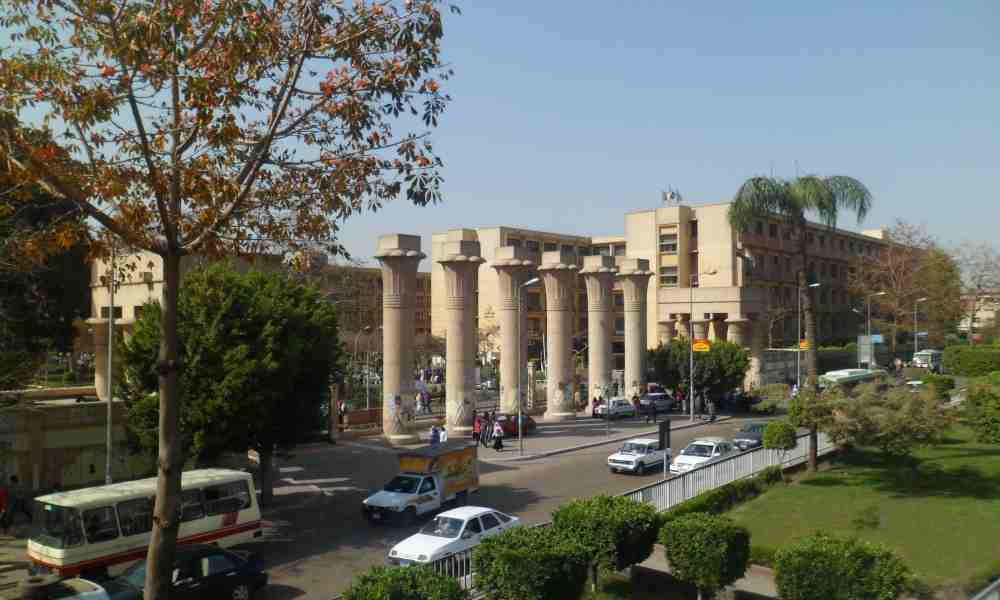RM4.5 million debt for Malaysian students in Egypt

Afterschool Team
September 19, 2016
As many as 150 Malaysian students in Egypt might be forced to end their education due to piling debt brought on by a weaker ringgit.
Major media outlets in Malaysia report that locals pursuing medical science education in Egypt face a staggering RM4.5 million in debt because of the economic climate.
A representative of the Malaysia-Egypt Medical Science Students Association (Perubatan) told Berita Harian that Malaysian students in medicine, pharmacy, and dentistry at universities in Egypt are struggling to pay higher tuition fees, equivalent to US$8,000 (RM33,000) per year causing student loans to accumulate.
Payment of fees in Egypt is highly effected by the dropping exchange rate of the ringgit against the US dollar. This has caused students to pay more. Additionally, the cost of living in Egypt has doubled in the past two years.
Increase of cost of living and the value of ringgit are becoming major stressors to many students, especially those who are self-sponsored.
Al-Azhar University, Cairo University, Ain Shams University, Zagazig University, Alexandria University, Tanya University, Mansoura University and Assiut University are the universities effected.
Putrajaya is being urged by some rights groups to assist the students. Perkasa chief, Datuk Ibrahim Ali, said that government intervention is necessary because this matter effects the future of Malaysian students and this issue will add to the pile of problems that already exist.
The responses on social media didn't take the matter lightly and many people have pointed fingers at influential figures and the authorities. Who do they think is to blame?
There are many universities in Malaysia offering medical studies for Malaysians and international students. Malaysia's medical education is regulated and monitored by several organisations that seek to produce quality education in the medical field. This matter drew attention of some and raised the question why Malaysians still go overseas to study medical science when local universities provide it?
The matter at hand isn't new and it isn’t just about studying abroad – it is about the dropping price of the Malaysian currency.
Some of the feedback to Ibrahim’s statement include asking Perkasa and its affiliates why it isn’t stepping up aid to the students instead of just asking the government for a bailout?
The fact is these circumstances were find ourselves in is not limited to Malaysians studying in Egypt. All Malaysians studying abroad are effected by the situation. Cost of living the US, the UK and other countries are also on the rise, effecting living conditions of the students. The value of the ringgit is lower against major currencies such as British Pound and the Euro, not just the US dollar.
The government should play an active role in assessing the situation. Perhaps, intervention could have contained the problem without it escalating further. But the bottomline remains that students and their families made the decision to study abroad and endure the financial burdens that comes with it. Should there be bailout in every instance?




